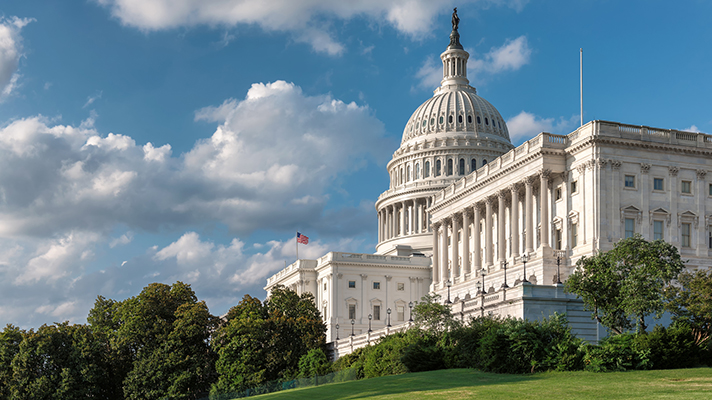In letters sent Thursday, both to Congress the U.S. Department of Health and Human Services, Premier made the case that some two-dozen federal regulatory waivers – enacted early in the coronavirus pandemic to enable rapid response to COVID-19 – should be made permanent once the public health emergency has ended.
WHY IT MATTERS
In separate letters to Congressional leadership and CMS Administrator Seema Verma, the Premier healthcare alliance applauded the flexibility from various federal agencies since the coronavirus crisis.
It also pointed out that “many of the waivers and temporary regulatory changes granted during this period have highlighted key opportunities to modernize healthcare delivery by removing outdated regulations.”
Specifically with regard to telehealth policy, Premier argued that many waivers issued during the pandemic should be made permanent – especially those that enable providers outside of rural areas to provide telehealth services, those that expand which types of practitioners can offer virtual care, those that allow audio-only visits in certain situations and those that help occupational therapists and behavioral health providers deliver remote care.
It also cited a recent survey of its health system membership that 93% of respondents say it’s “essential” to make the waivers permanent going forward.
THE LARGER TREND
In the letters, Premier also made the case that many waivers have helped avoid unnecessary hospitalizations for ambulatory conditions, and voiced support for the Emergency Medical Treatment and Labor Act to be permanently amended to allow for pre-admission screening so that only acute cases are admitted as inpatients, while others are directed to more appropriate care settings.
In addition, the group called for lasting changes to an array of process rules that enable nurse practitioners and physician assistants to practice atop their license, with remote supervision, while physicians are freed up to care for the most acute patients.
ON THE RECORD
“During the height of the COVID-19 pandemic, waivers cleared away cumbersome barriers and allowed health systems to save lives in the process,” said Premier SVP of public affairs Blair Childs in a statement.
“Many of these measures were policies for which we’ve been advocating for many years. In all practicality, these waivers were pressure tested during the pandemic, and proved to be effective at modernizing and improving healthcare delivery. Smart, effective ideas should be made permanent policy. There’s no reason to revert back to the status quo just because patients may seek different avenues for treatment.” He added: “These waivers are all rooted in common sense and will go far to modernizing the Medicare program in keeping with technology and other advancements that have improved care delivery.”






















